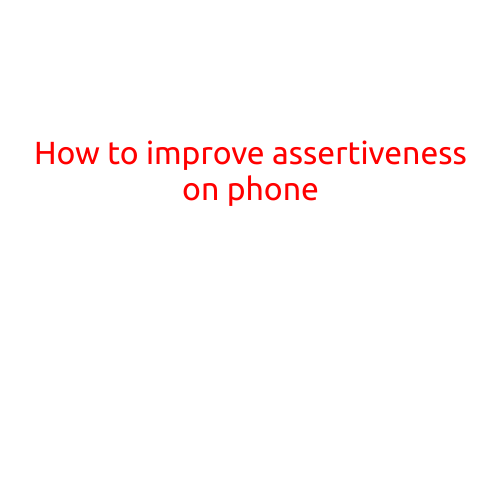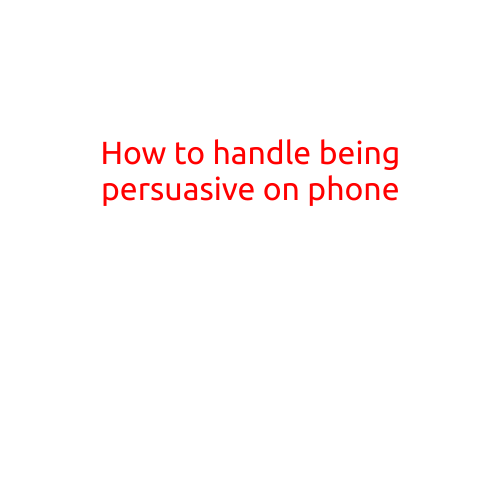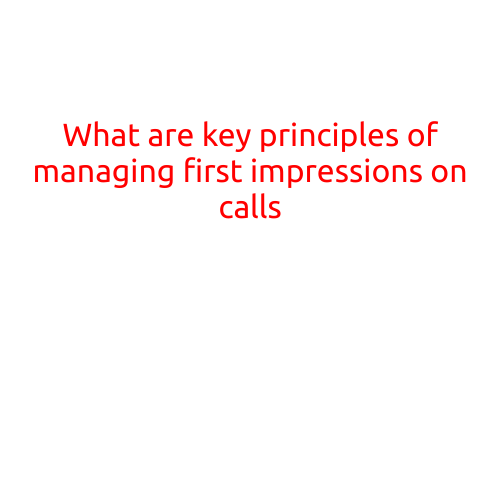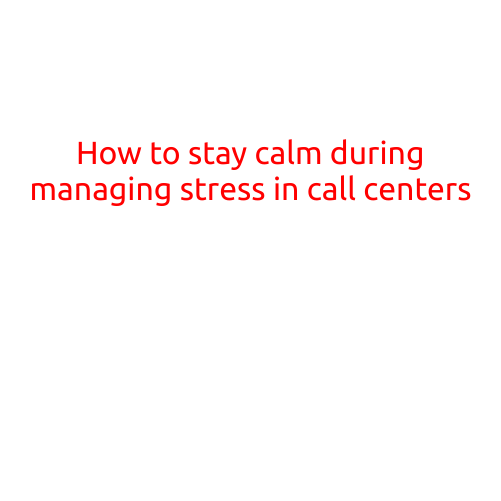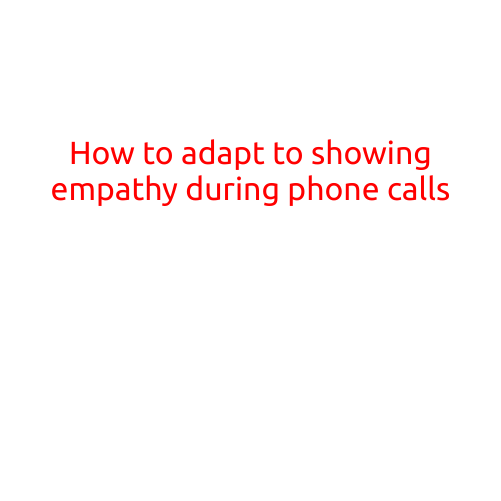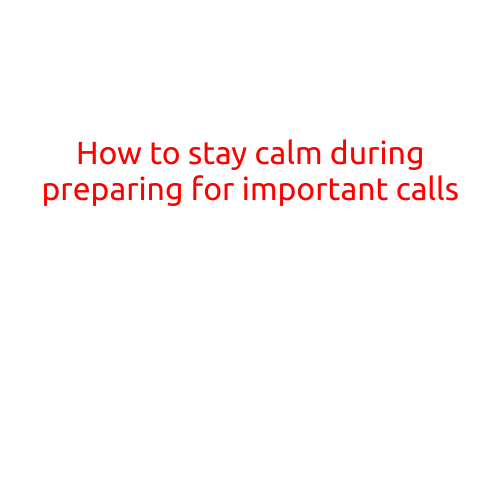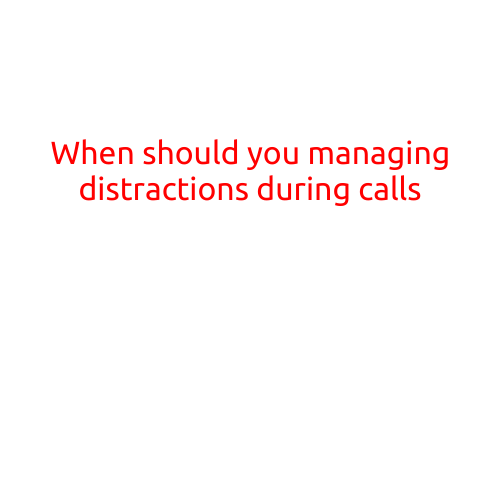
When Should You Manage Distractions During Calls?
In today’s busy and fast-paced world, distractions are inevitable. Whether it’s a chatty coworker, a ringing phone, or a constantly buzzing email inbox, it’s easy to get sidetracked during calls. However, as a professional, you know that managing distractions is crucial to ensuring effective communication and maintaining relationships with clients, colleagues, and prospects.
But when should you manage distractions during calls? Here are some key scenarios to watch out for:
Scenario 1: When you’re on a critical or sensitive call
If you’re on a call that requires your undivided attention, such as a meeting with a potential client or a discussion about a sensitive topic, it’s essential to minimize distractions. This means finding a quiet space, silencing your phone, and asking colleagues to refrain from interrupting. By doing so, you can focus on the conversation and ensure that you don’t miss any crucial details.
Scenario 2: When you’re on a long or complex call
Long or complex calls can be mentally exhausting, and distractions can quickly derail the conversation. To stay focused, it’s essential to create a distraction-free environment. This might mean stepping away from your desk to a quieter area, wearing headphones to block out background noise, or using noise-cancelling apps. By managing distractions, you can maintain your energy and concentration levels, ensuring that you provide the best possible service to your caller.
Scenario 3: When you’re on a call with a new or difficult caller
When dealing with a new or difficult caller, it’s crucial to establish a professional tone and atmosphere. This means being aware of your surroundings and managing any distractions that might affect the call. Whether it’s a chatty coworker, a loud noise in the background, or a ringing phone, it’s essential to take control of the situation and redirect your caller’s attention to the conversation at hand.
Scenario 4: When you’re on a call that requires confidentiality
Calls that involve confidential or sensitive information demand absolute attention and discretion. To ensure that you maintain confidentiality, it’s essential to manage distractions effectively. This might mean finding a private space, using a noise-cancelling headset, or asking colleagues to keep their voices down. By doing so, you can protect sensitive information and maintain trust with your caller.
Tips for Managing Distractions During Calls
So, how can you manage distractions effectively during calls? Here are some practical tips:
- Find a quiet space: Look for a quiet area to take your call, away from high-traffic areas or noisy environments.
- Silence your phone: Turn off notifications, put your phone on silent mode, or use a noise-cancelling app to block out distracting sounds.
- Use noise-cancelling headphones: Invest in a pair of noise-cancelling headphones to block out background noise and distractions.
- Ask colleagues to refrain from interrupting: Let your colleagues know that you’re on a call and ask them to refrain from interrupting or disturbing you.
- Take notes: Taking notes can help you stay focused and ensure that you don’t miss any crucial details.
Conclusion
Managing distractions during calls is crucial to ensuring effective communication and maintaining relationships with clients, colleagues, and prospects. By being aware of your surroundings and managing distractions effectively, you can stay focused, maintain your professionalism, and provide the best possible service to your callers. Remember to identify the scenarios that require your attention, and use the tips outlined above to stay on track.
